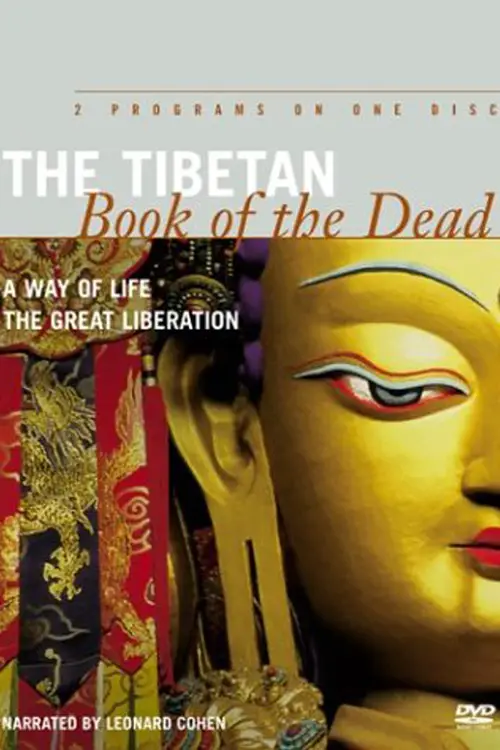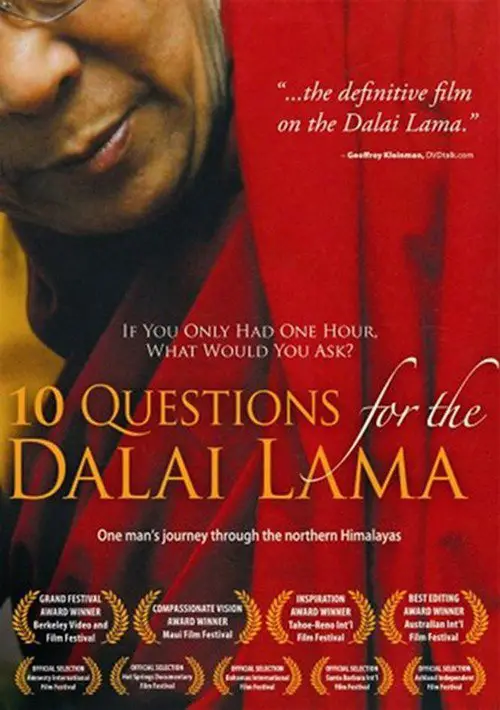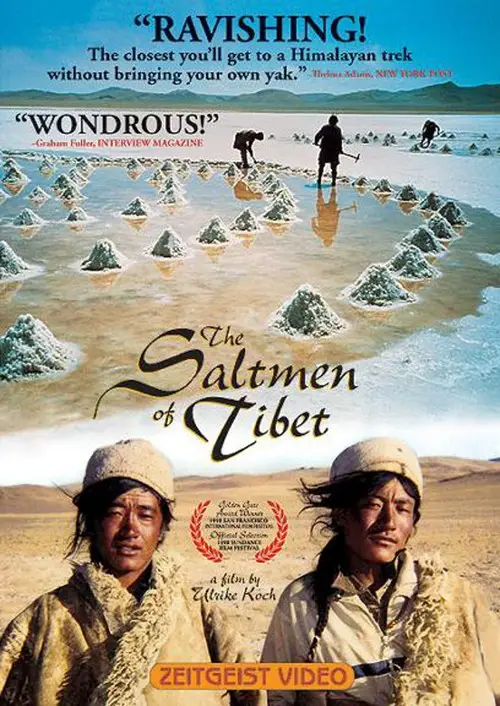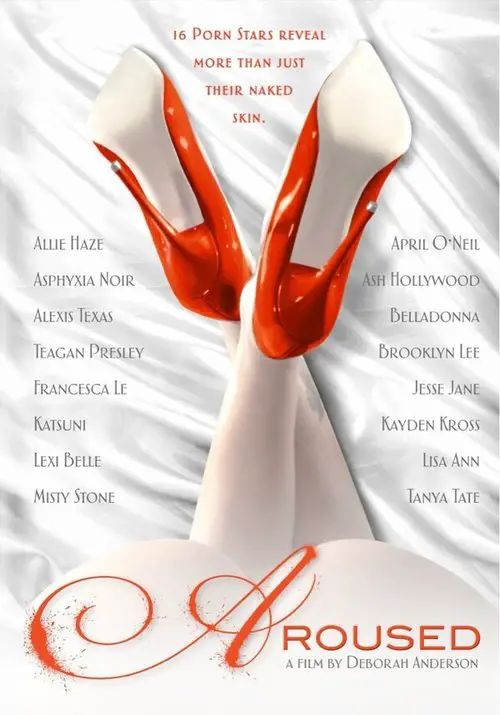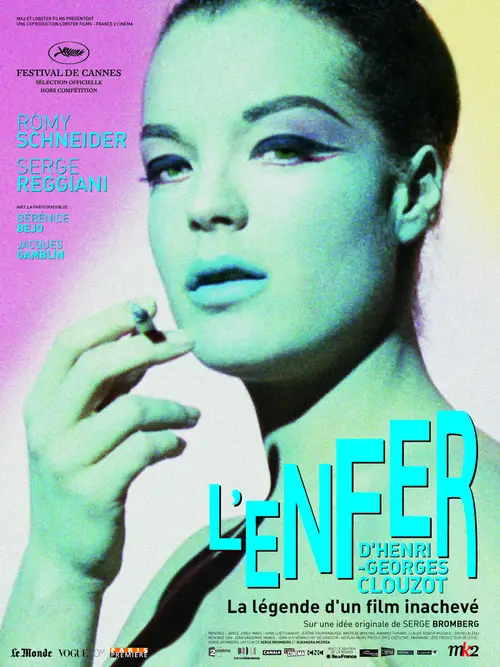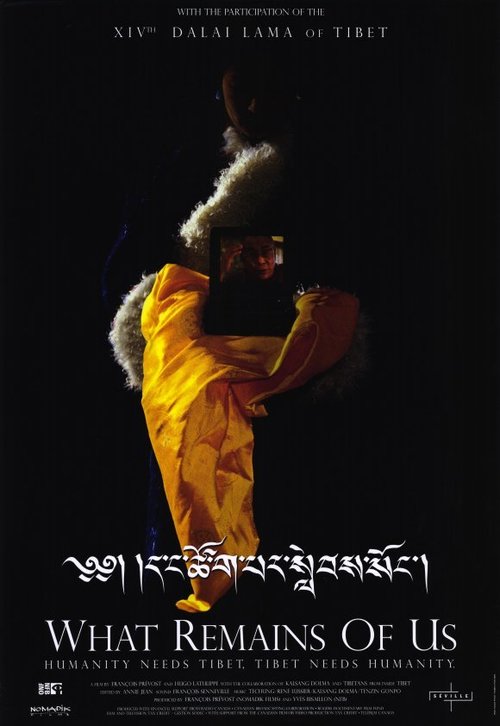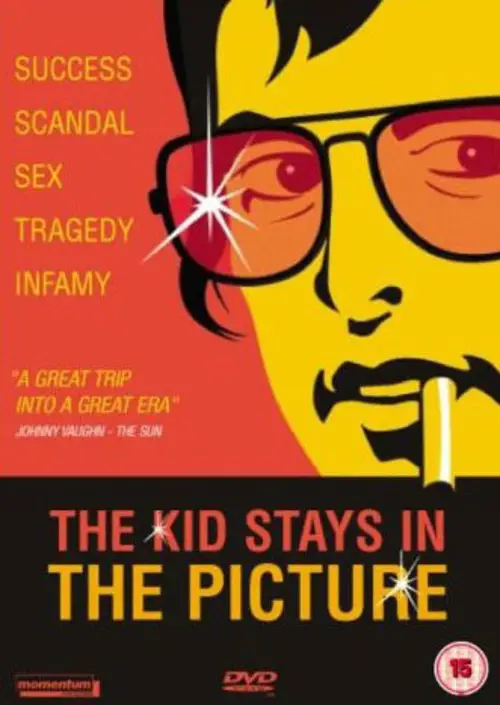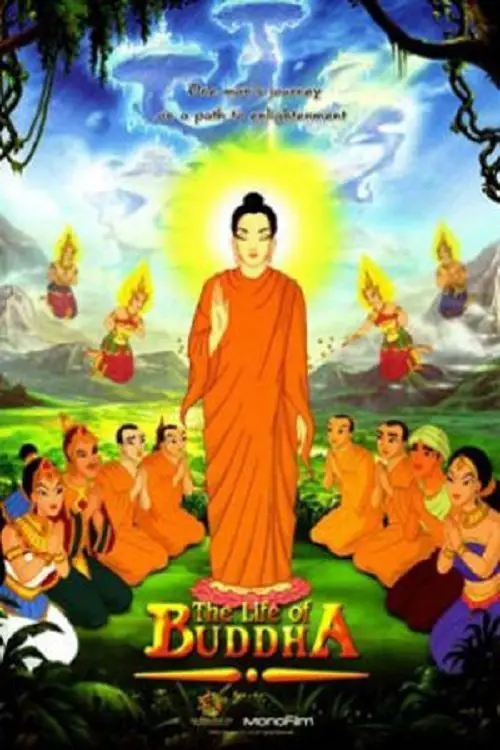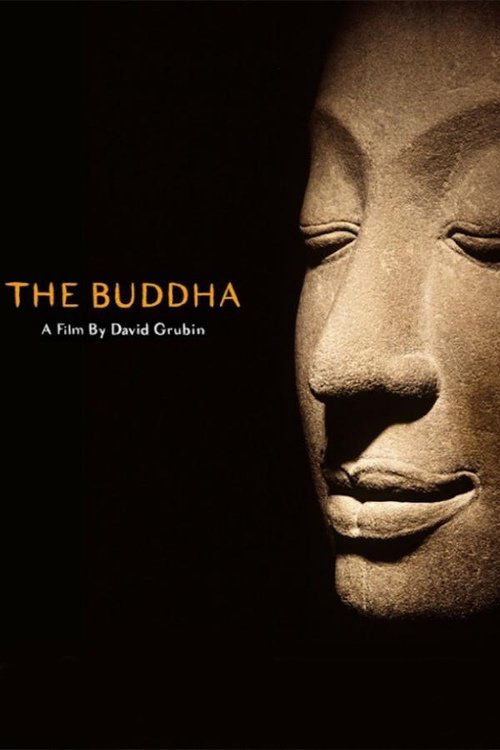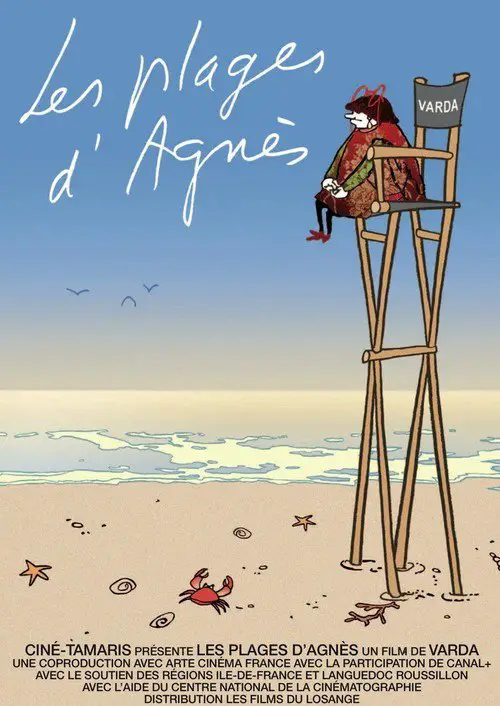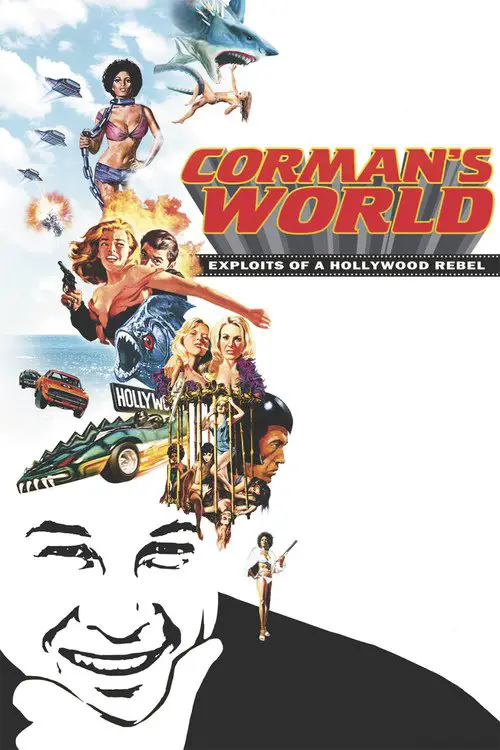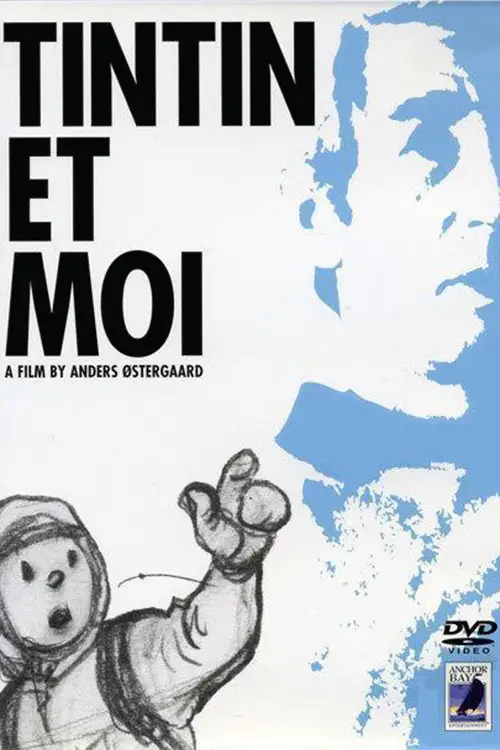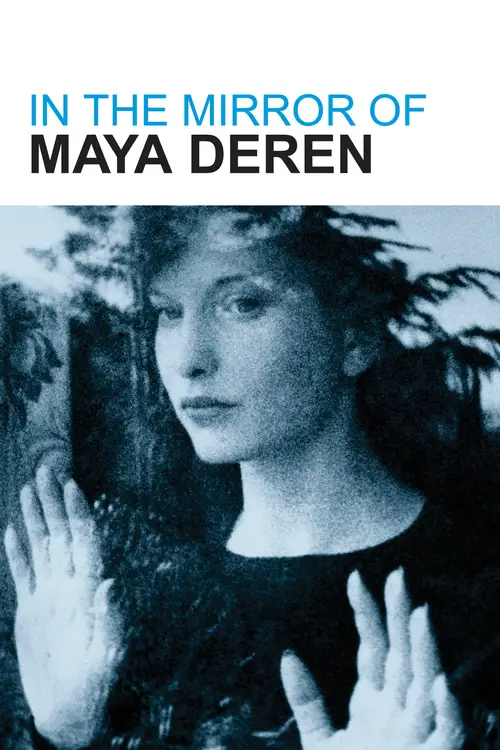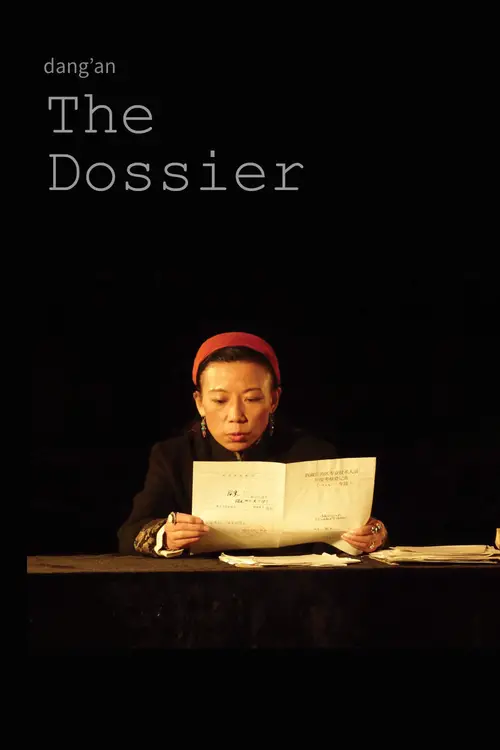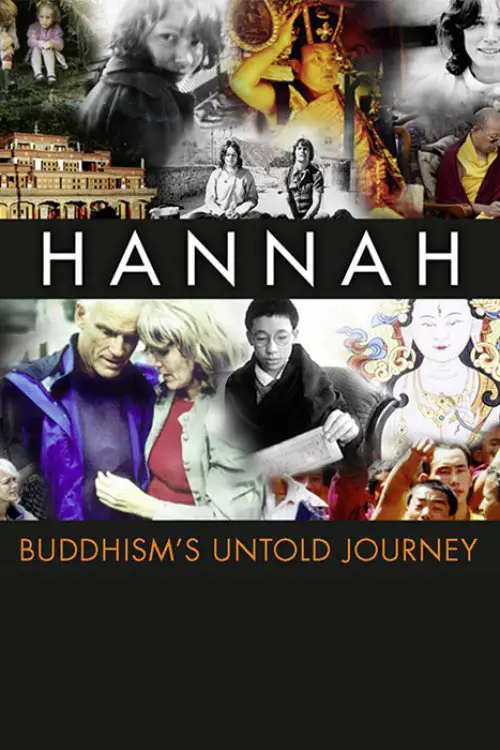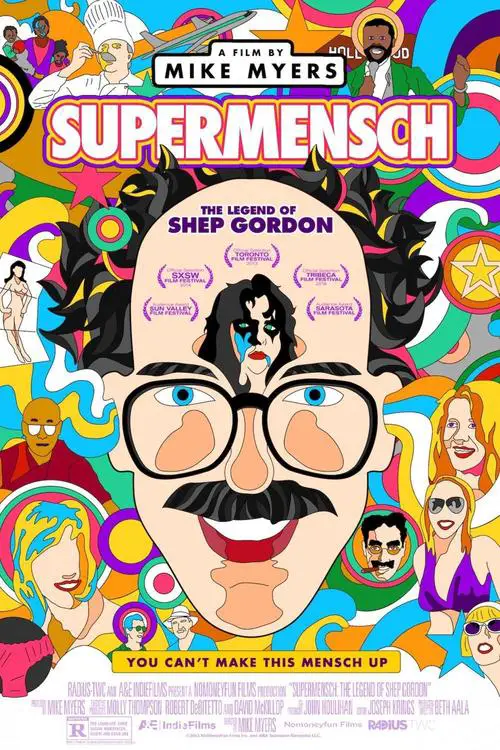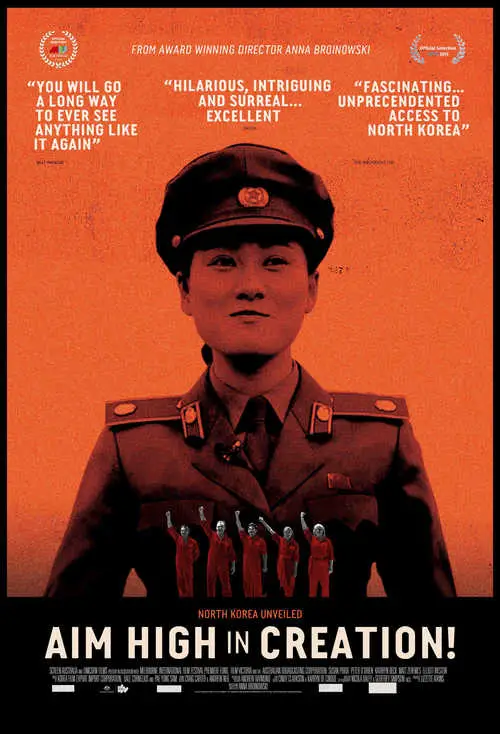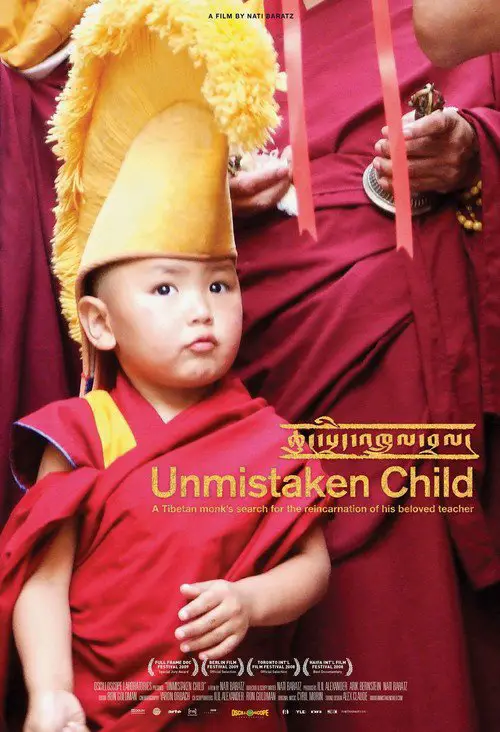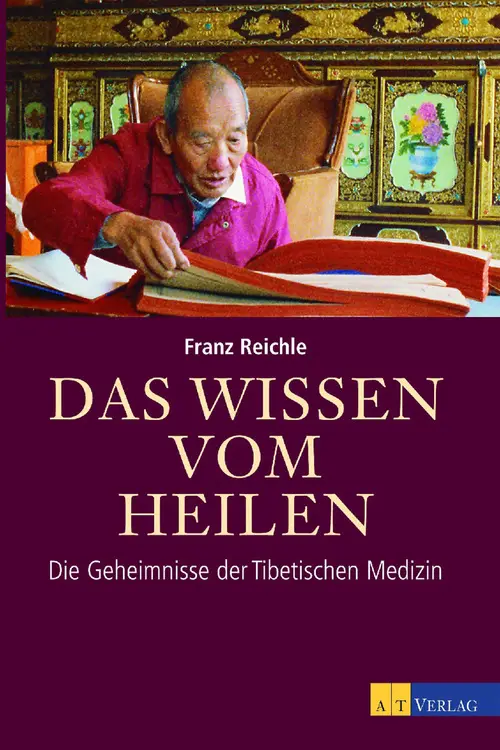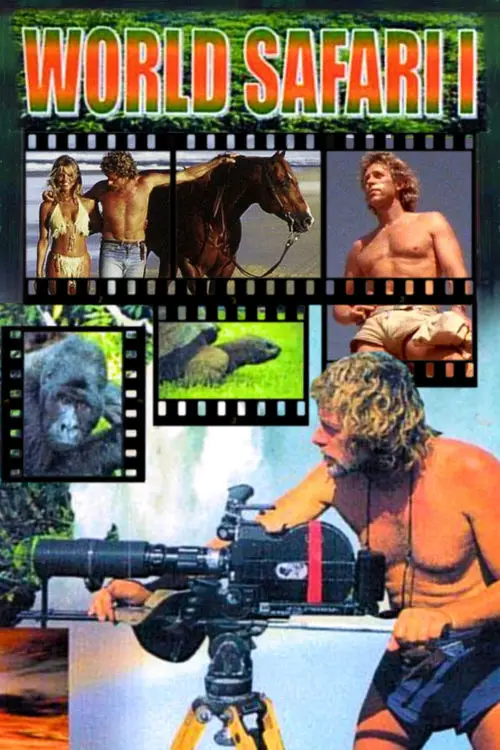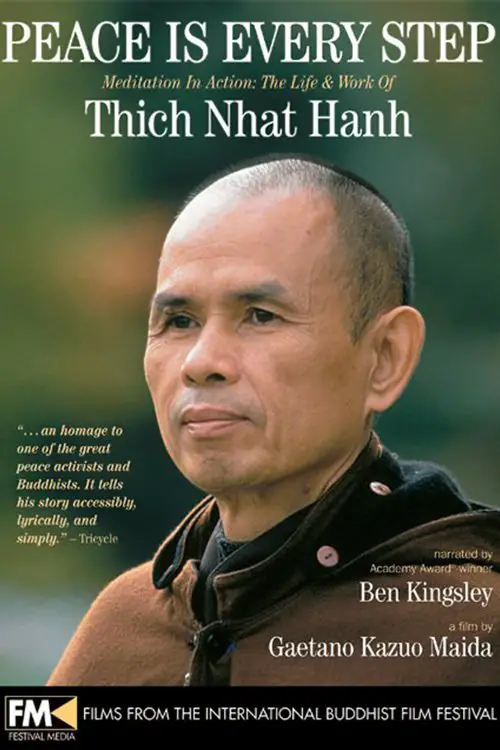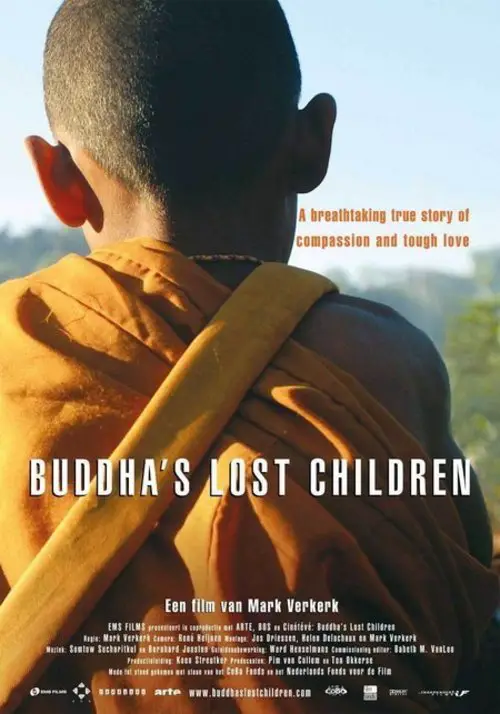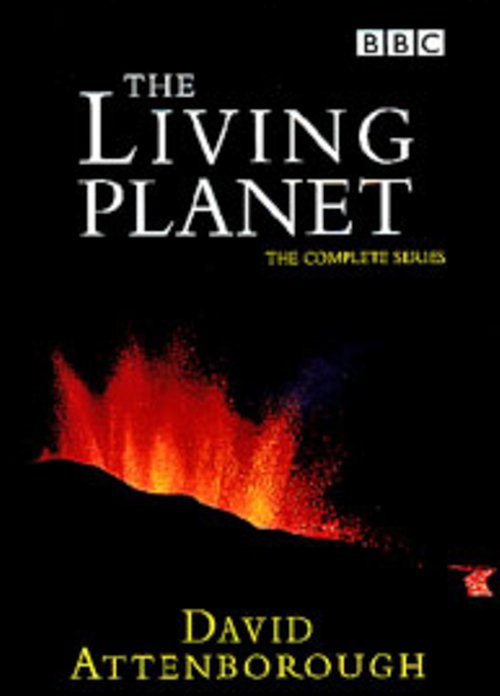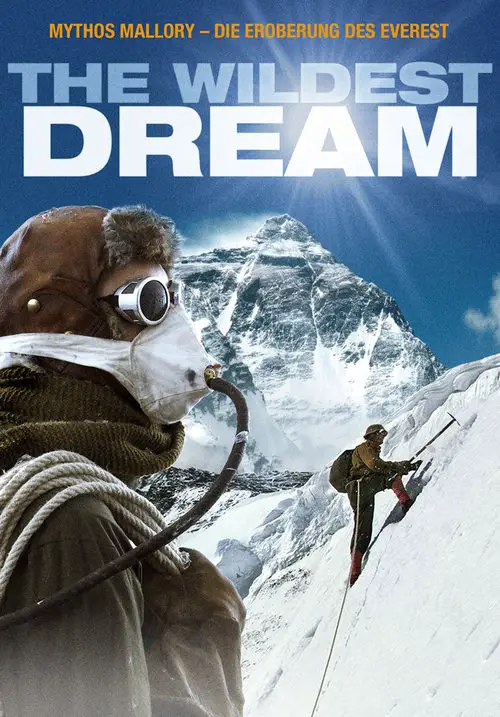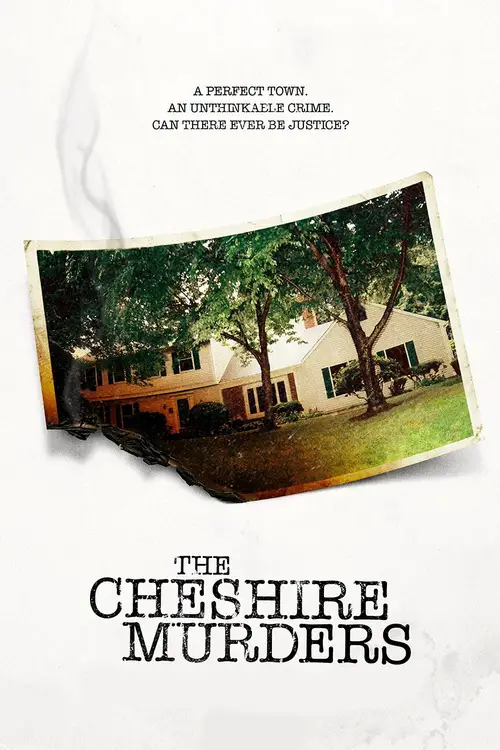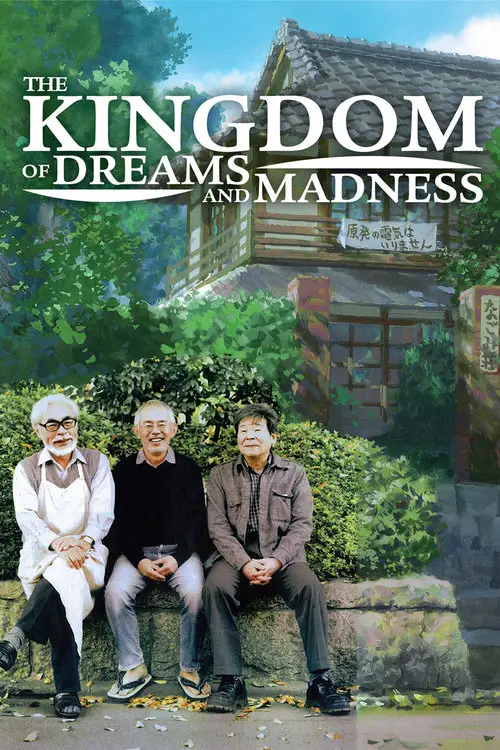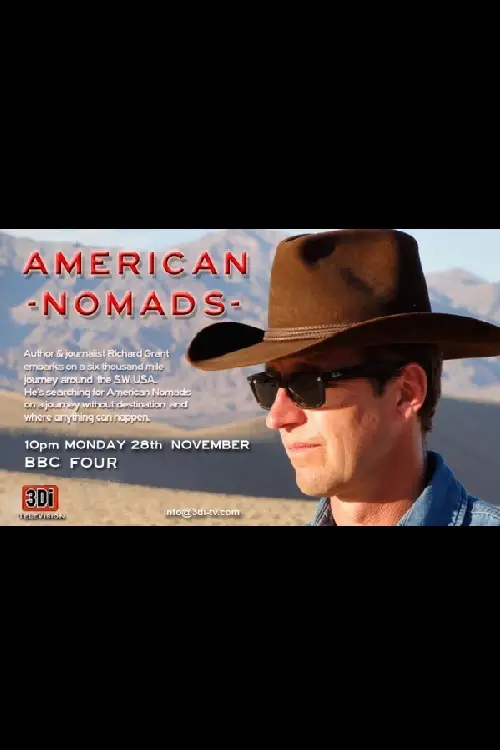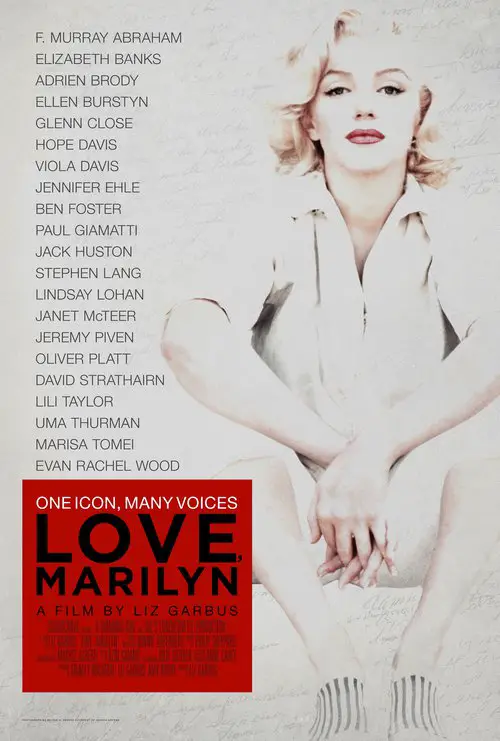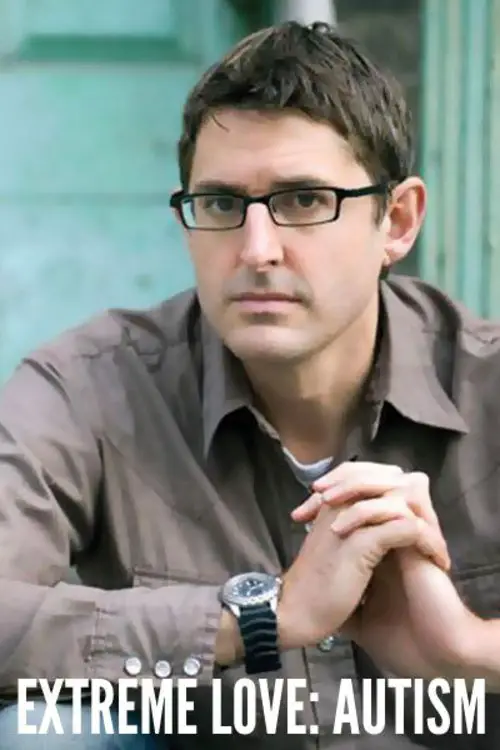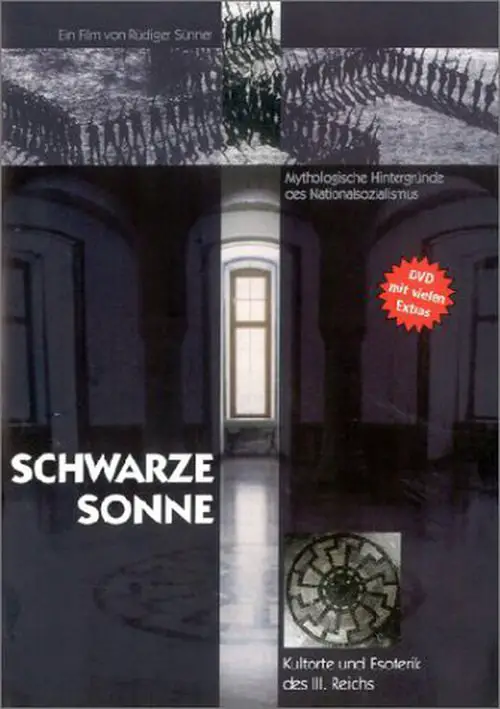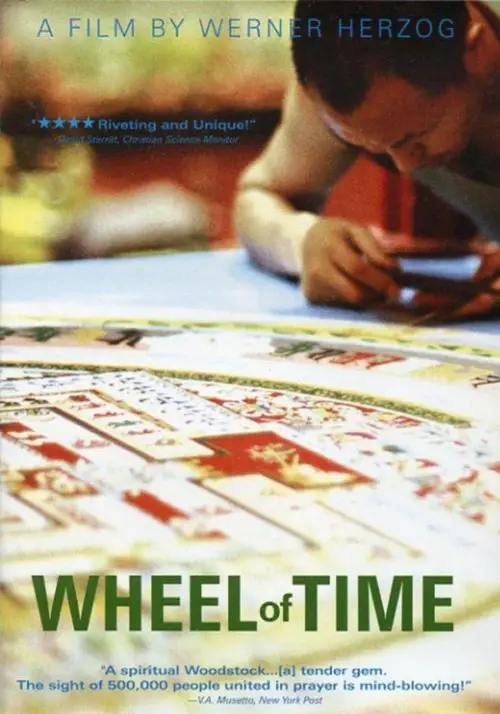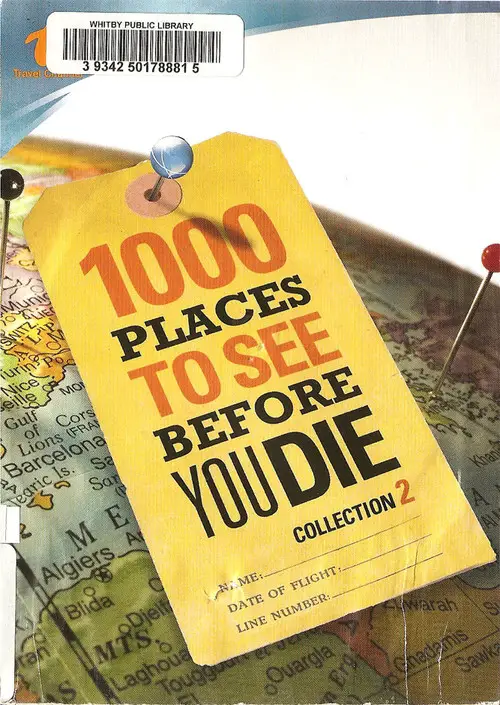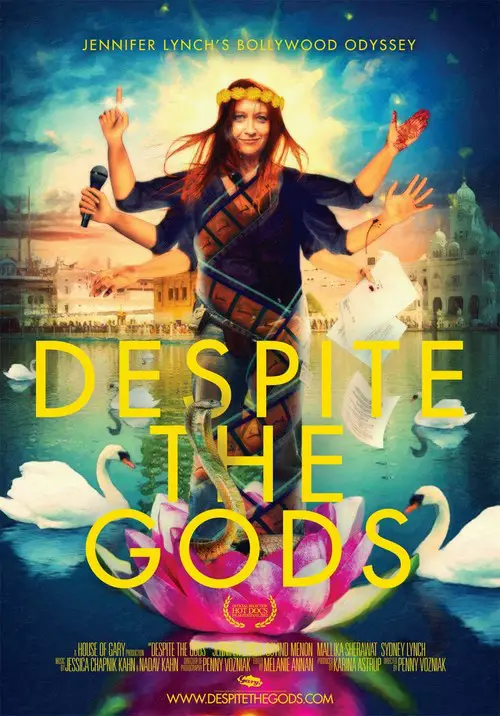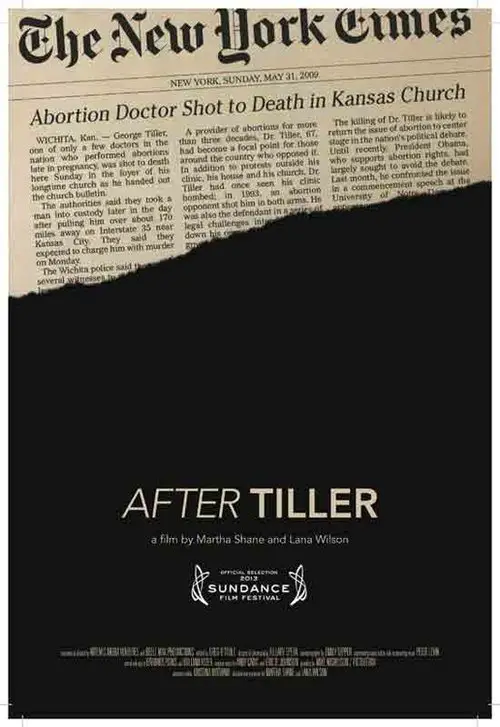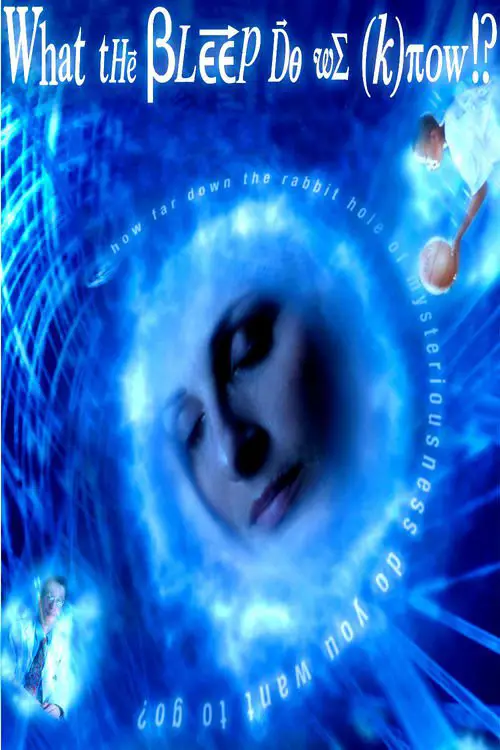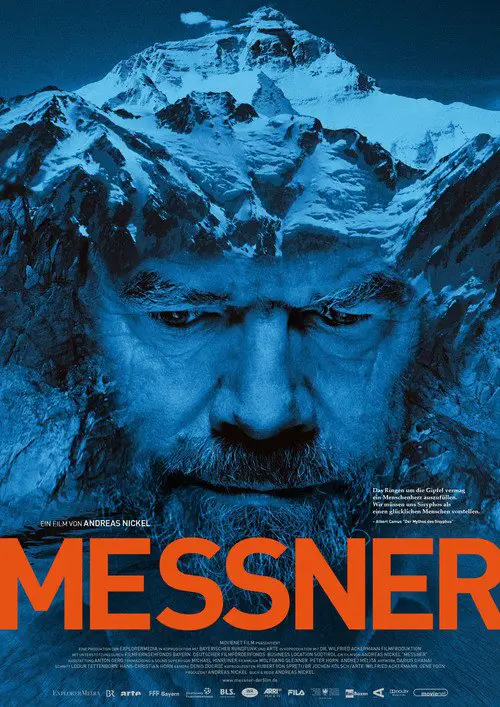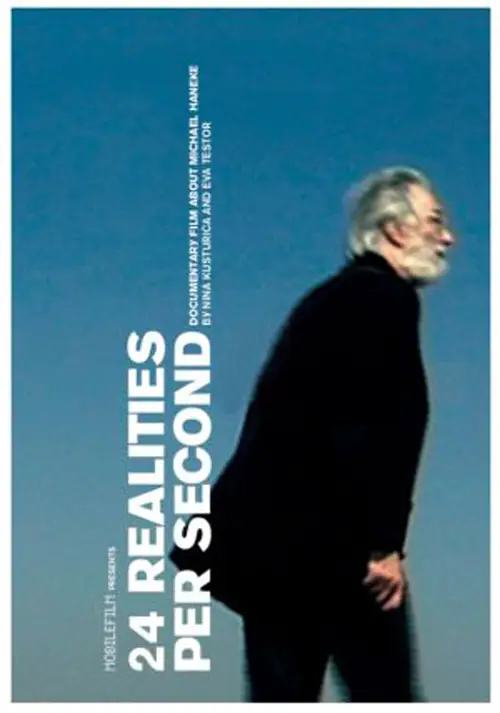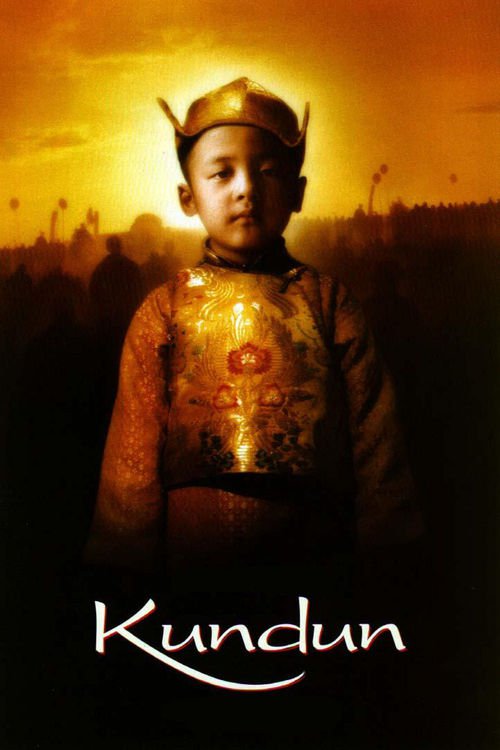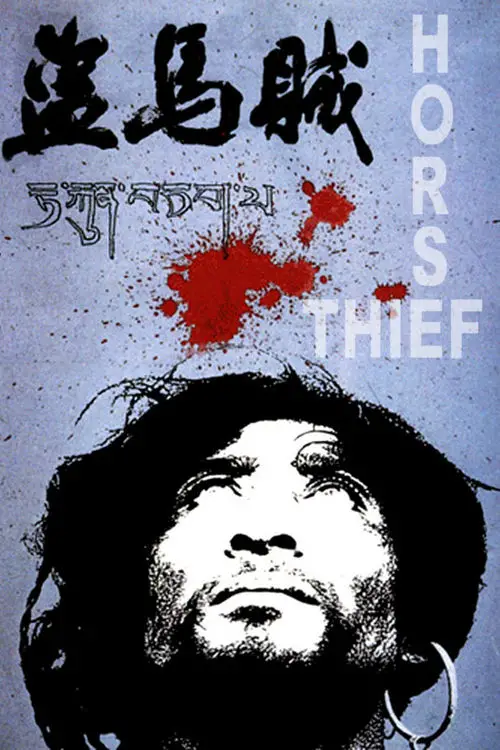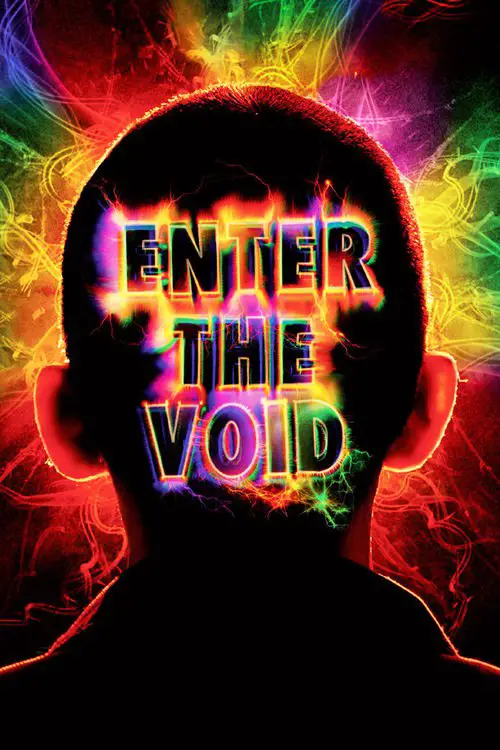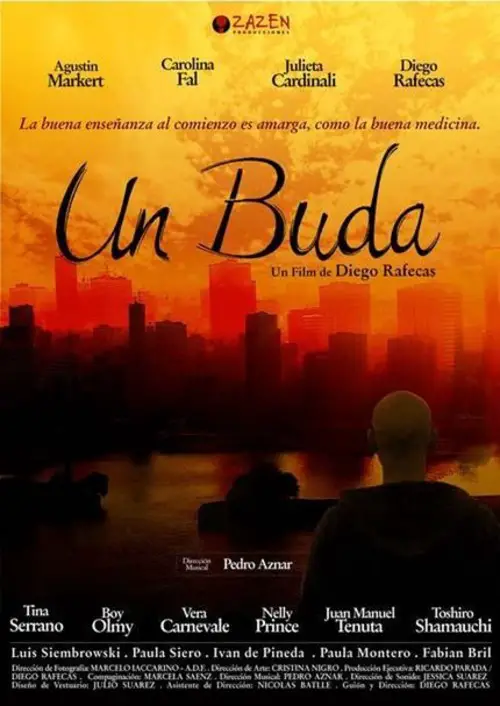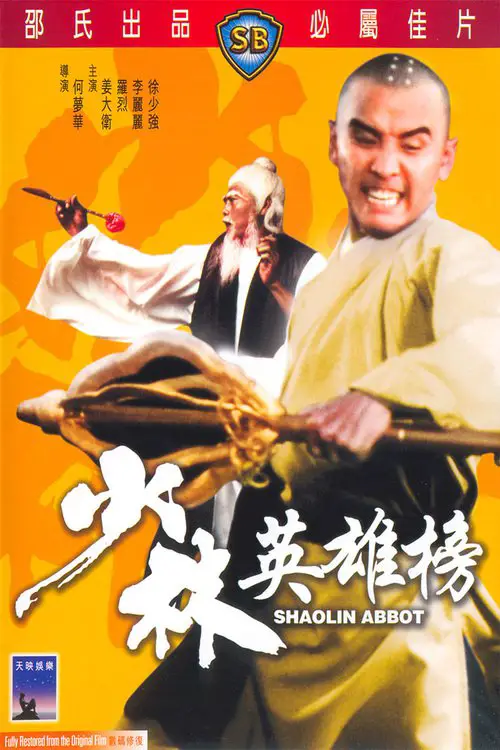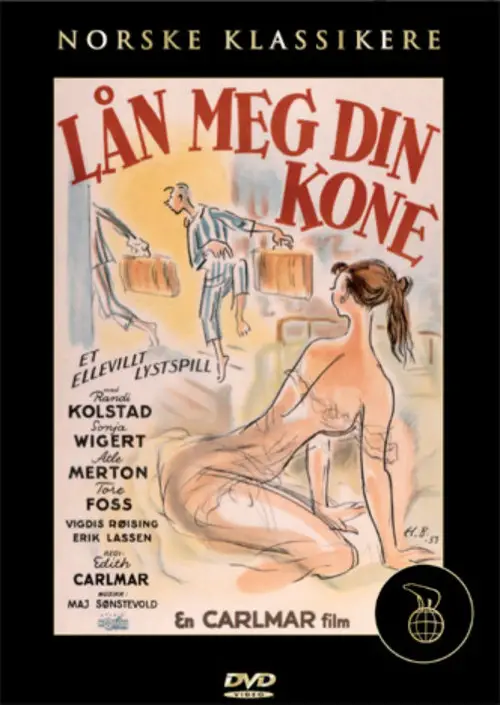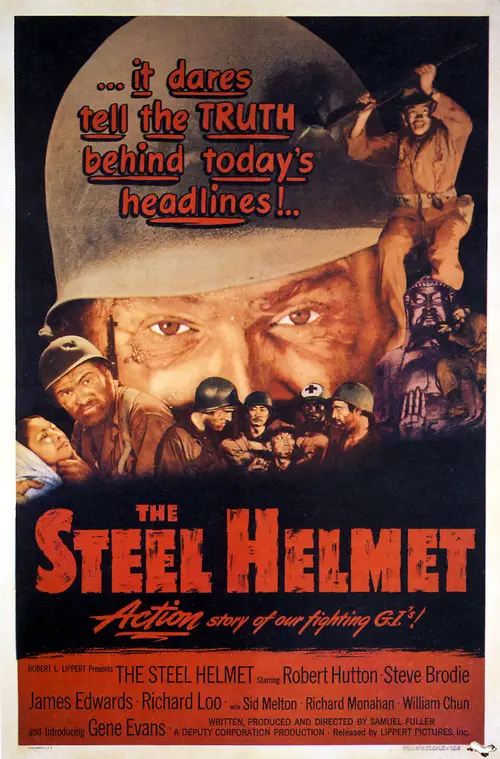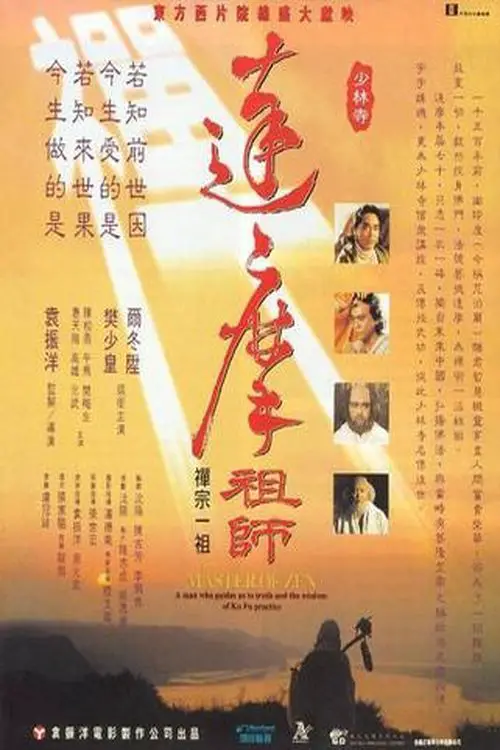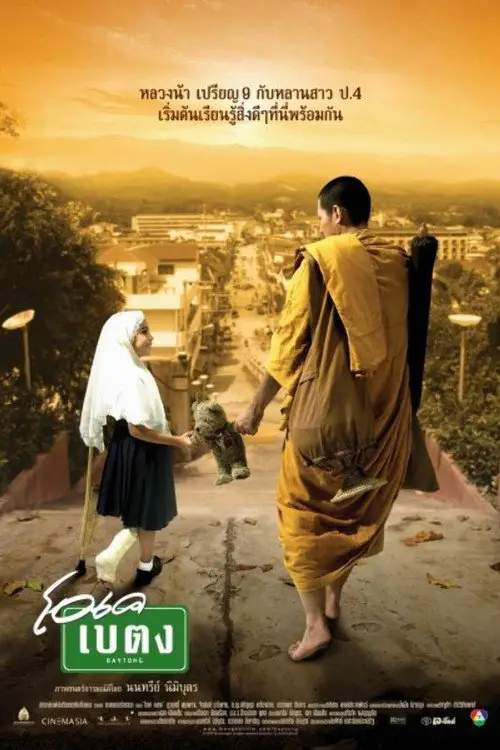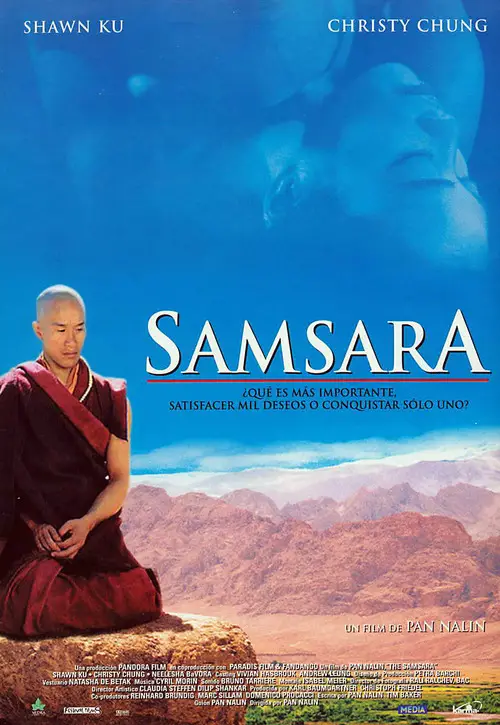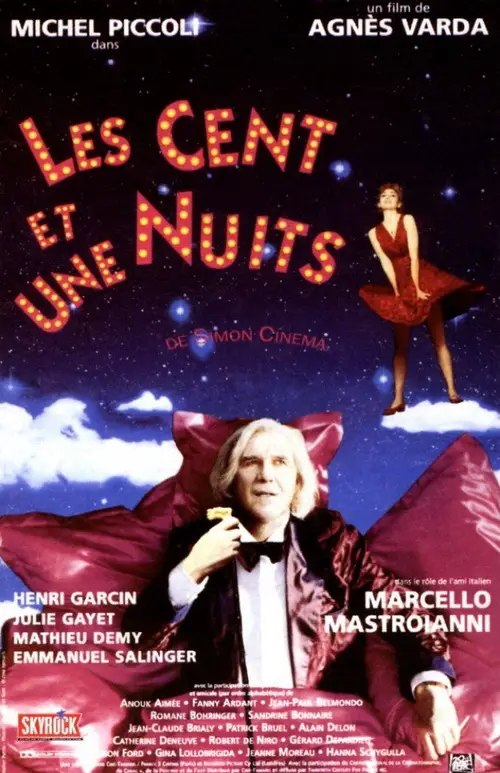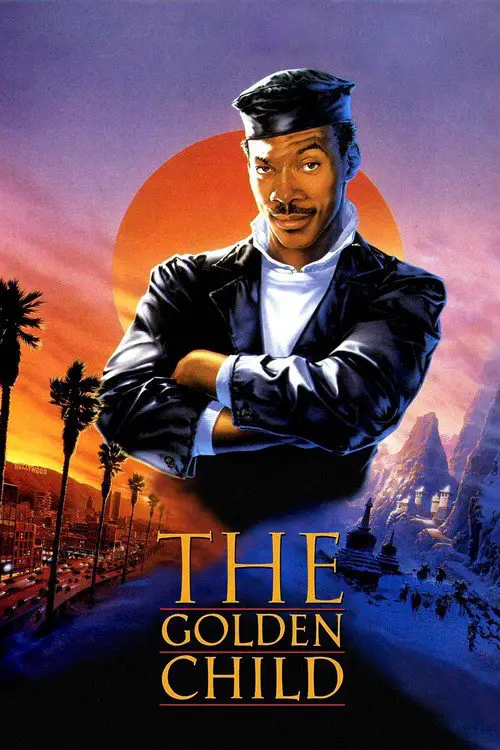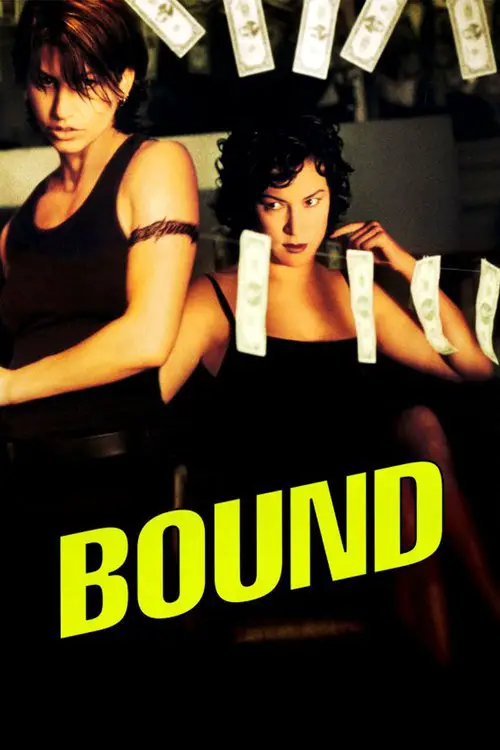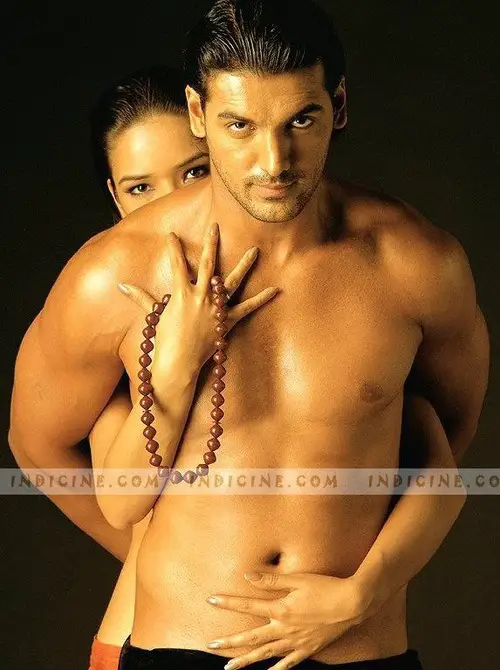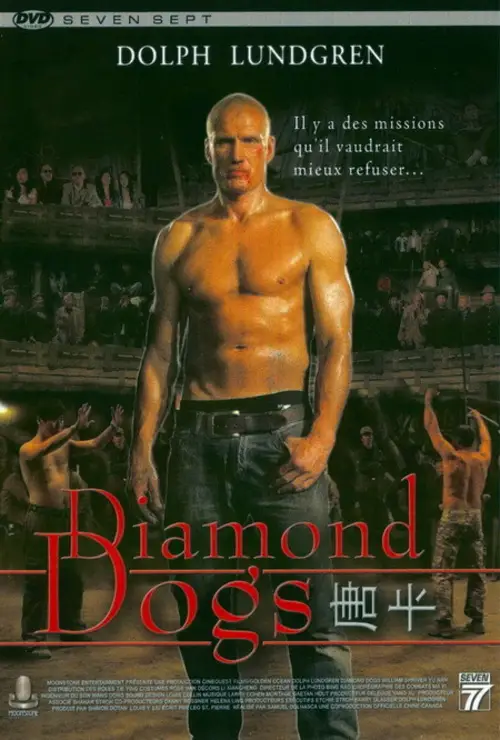Crazy Wisdom (2011)
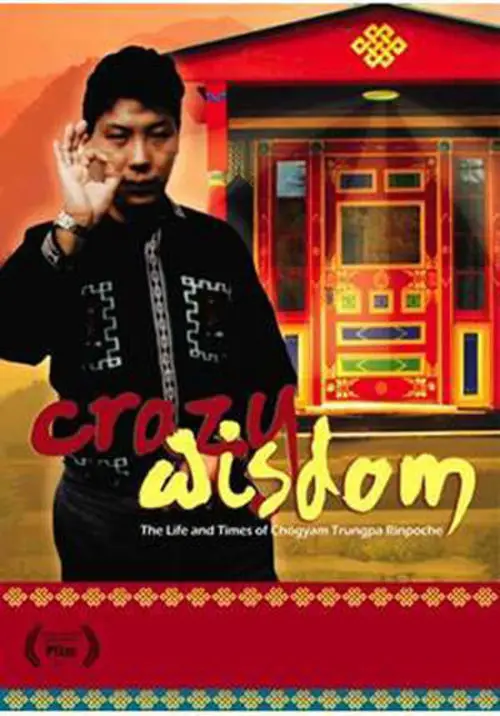
Similar movies
How do you reconcile a commitment to non-violence when faced with violence? Why do the poor often seem happier than the rich? Must a society lose its traditions in order to move into the future? These are some of the questions posed to His Holiness the Dalai Lama by filmmaker and explorer Rick Ray. Ray examines some of the fundamental questions of our time by weaving together observations from his own journeys throughout India and the Middle East, and the wisdom of an extraordinary spiritual leader. This is his story, as told and filmed by Rick Ray during a private visit to his monastery in Dharamsala, India over the course of several months. Also included is rare historical footage as well as footage supplied by individuals who at great personal risk, filmed with hidden cameras within Tibet.
Four men from a nomadic Tibetan tribe undertake their annual, ritualistic pilgrimage to a sacred salt lake. Salt gathered in this traditional fashion will be sold to provide the economic livelihood of the tribe for the coming year. The journey, necessary for the group's survival, also incorporates a number of rituals necessary for their culture to survive in the modern world.
Get up close and personal with 16 of the most successful women in the adult film industry as they shed their clothes for an intimate photo shoot with director Deborah Anderson. As questions are asked, personal stories about their lives are revealed, from why they chose the business of sex to how they got into it in the first place. These porn stars have always been discreet about their private lives in the past, yet Anderson has a way of opening up a dialog allowing them to share more than just their naked skin on screen. Their true inner vulnerability is touching, yet the characters they have created are confident and intoxicating. Once you hear their stories, you'll never look at them in the same way again.
This documentary about Henri-Georges Clouzotâs unfinished 1964 psycho-thriller LâEnfer is as tantalizing as it is frustrating. Despite remaining one of the most masterful of French directors, Cluozot inexplicably seems to have lost control on the big-budget production of LâEnfer. The long-lost raw footage is intriguing and dazzling, infused with swirling lights and blue-lipped, cigarette-puffing fantasy temptresses. Although directors Serge Bromberg and Ruxandra Mederea have managed to speak to numerous members of the original crew, this behind-the-scenes investigation has so little to say about the reasons behind Clouzotâs failure to complete the film. In spite of this, the undiminished power of Clouzotâs extraordinary images makes the documentary a fascinating watch.
A BBC/Discovery Channel co-production, this docu-narrative film describes the life of Siddharta Gautama, the process by which he arrived at the fundamentals of Buddhism and the archaeological findings confirming the traditional accounts of his life. In addition it also gives a glimpse of Buddhism today and features interviews by the Dalai Lama and other notable Buddhists.
This documentary for PBS by award-winning filmmaker David Grubin and narrated by Richard Gere, tells the story of the Buddhaâs life, a journey especially relevant to our own bewildering times of violent change and spiritual confusion. It features the work of some of the worldâs greatest artists and sculptors, who across two millennia, have depicted the Buddhaâs life in art rich in beauty and complexity. Hear insights into the ancient narrative by contemporary Buddhists, including Pulitzer Prize winning poet W.S. Merwin and His Holiness the Dalai Lama. Join the conversation and learn more about meditation, the history of Buddhism, and how to incorporate the Buddhaâs teachings on compassion and mindfulness into daily life.
Filmmaking icon Agnès Varda, the award-winning director regarded by many as the grandmother of the French new wave, turns the camera on herself with this unique autobiographical documentary. Composed of film excerpts and elaborate dramatic re-creations, Varda's self-portrait recounts the highs and lows of her professional career, the many friendships that affected her life and her longtime marriage to cinematic giant Jacques Demy.
Tintin and I (French: Tintin et moi) is a 2003 documentary by Anders Høgsbro Ãstergaard, about Belgian writer-artist Georges Remi, better known as Hergé, and his creation Tintin. The film is a co-production of Denmark, Belgium, France, and Switzerland.The film is based around Numa Sadoul's revealing interviews with Hergé from the 1970s, and goes into detail about Hergé's life and how the success of Tintin affected it.The film is based strongly around Hergé's experiences and state of mental health leading up to the writing of Tintin in Tibet, often heralded as Hergé's most personal album. The history of Tintin is examined through Hergé's life and the way that he was affected by the growing popularity of his character.
Tibetan writer Tsering Woeser's efforts to document and present the reality of Tibet were considered a "political problem" by the Chinese Party-state and she was fired from her job. Since then, she has persevered as an independent writer and has continued to speak out for the sufferings of Tibetan people. Zhu Rikun, the director, came into possession of Tsering's official dossier which then became the main thread of this film. The first half of the movie is centred around her reading of the dossier; be patient as the theme grows and her interviews document the changed direction her career took including footage from Tibet.
'Hannah' tells the story of Buddhist pioneer Hannah Nydahl and her life bringing Tibetan Buddhism to the West. From her idealistic roots in 1960's Copenhagen to the hippie trail in Nepal, Hannah and her husband Ole became two of the first Western students of His Holiness the 16th Karmapa - the first consciously reincarnated lama of Tibet in 1110. Hannah went on to become an assistant and translator for some of the most powerful Tibetan lamas and a bridge between Buddhism in the East and the West.
In 1991, music manager Shep Gordon held Mike Myers over a barrel a few weeks before shooting Wayneâs World regarding an Alice Cooper song Myers wanted to use in the film. They have been close friends ever since. Twenty-two years later, the story of Gordonâs legendary life in the über-fast lane is now told in Myersâ directorial debut. And this time itâs Myers who has Gordon over a barrel. Shep Gordon: capitalist, protector, hedonist, pioneer, showman, shaman⦠Supermensch!
A revolutionary film about the cinematic genius of North Korea's late Dear Leader Kim Jung-IL, with a groundbreaking experiment at its heart - a propaganda film, made according to the rules of his 1987 manifesto. Through the shared love of cinema, AIM HIGH IN CREATION! forges an astonishing new bond between the hidden filmmakers of North Korea and their Free World collaborators. Revealing an unexpected truth about the most isolated nation on earth: filmmakers, no matter where they live, are family.
In Nepal, a venerable monk, Geshe Lama Konchog, dies and one of his disciples, a youthful monk named Tenzin Zopa, searches for his master's reincarnation. The film follows his search to the Tsum Valley where he finds a young boy of the right age who uncannily responds to Konchog's possessions. Is this the reincarnation of the master? After the boy passes several tests, Tenzin takes him to meet the Dali Lama. Will the parents agree to let the boy go to the monastery, and, if so, how will the child respond? Central to the film is the relationship the child develops with Tenzin.
World Safari is a documentary film released in 1977 made from footage of Alby Mangels and John Field's six year journey around 56 countries and four continents in the 1970s. Includes a motorcycle trip across Australia, living with Buddhist monks, selling life insurance on the side of the road, and getting lost in a two-cylinder DAF van while crossing the Sahara desert.
The influential life and powerful messages of Vietnamese Buddhist monk Thich Nhat Hanh are explored in this meditative documentary. For more than 50 years, this amazing social activist has preached self-awareness and compassion for all living things. Follow him as he travels through France and the United States -- including a stop at the Vietnam War Memorial in Washington, D.C. -- on a quest to spread mindfulness, peace and forgiveness.
In the early-morning hours of July 23, 2007, in Cheshire, Conn., ex-convicts Steven Hayes and Joshua Komisarjevsky broke into the family home of Dr. William Petit, his wife, Jennifer Hawke-Petit, and their daughters, Michaela, 11, and Hayley, 17. Dr. Petit was beaten and tied to a pole in the basement. The three women were bound in their bedrooms while the men ransacked the house. The brutal ordeal continued throughout the morning, ending with rape, arson and a horrific triple homicide.
A historical analysis of how groups such as the Naziâs may use language, symbols, and religious connotation in order to come to power. It raises questions that deserve in depth analysis and consideration. Questions include: Where do legends expand our thinking and where do they bury it? When does spiritual pursuit suddenly turn into fanaticism and violence? Last, have we as a society learned from our past, and if so have forgotten the lessons of the 20th Century? Are we now embarking on a new level only to learn the same old lessons about humanity again? In addressing these questions we are taken into the back drop of the history of Germany beginning in the late 1800âs through the late 20th Century at the eve of the 21st. âA society that does not take archetypes, myths, and symbols seriously will possibly be jumped by them from behind.â
You loved the book; now see the places bestselling author Patricia Schultz captured so well. Join newlyweds Albin and Melanie Ulle as they embark on a transformational journey around the globe. Using Schultz's book as a guide, the Ulles explore the breathtaking beauty of the Himalayas, the eternal romanticism of Paris, the exotic mysteries of Peru and much more you won't want to miss.
Since the assassination of Dr. George Tiller in Kansas in 2009, only four doctors in the United States continue to perform third-trimester abortions. These physicians, all colleagues of Dr. Tiller, sacrifice their safety and personal lives in the name of their fierce, unwavering conviction to help women.
Amanda (Marlee Maitlin) is a divorced woman who makes a living as a photographer. During the Fall of the year Amanda begins to see the world in new and different ways when she begins to question her role in life, her relationships with her career and men and what it all means. As the layers to her everyday experiences fall away insertions in the story with scientists, and philosophers and religious leaders impart information directly to an off-screen interviewer about academic issues, and Amanda begins to understand the basis to the quantum world beneath. During her epiphany as she considers the Great Questions raised by the host of inserted thinkers, Amanda slowly comprehends the various inspirations and begins to see the world in a new way.
Directors Nina Kusturica and Eva Testor followed Michael Haneke for a period of two and a half years. They accompanied him to film premieres and public appearances, radio interviews and photo shoots; they observed him as he scouted locations, directed actors on the set, and made final cuts in the editing room. In between, on long train and car rides, Haneke spoke candidly about his childhood, his transition to filmmaking, and his views on cinema, discussing films that inspired him and his own work (he counts The Seventh Continent and 71 Fragments of a Chronology of Chance among his favorites). What emerges in this insightful documentary is a portrait of a dedicated filmmaker, a charming yet elusive figure in thrall to cinema and the constant perfection of his craft.
The Tibetans refer to the Dalai Lama as 'Kundun', which means 'The Presence'. He was forced to escape from his native home, Tibet, when communist China invaded and enforced an oppressive regime upon the peaceful nation of Tibet. The Dalai Lama escaped to India in 1959 and has been living in exile in Dharamsala ever since.
Devout Buddhists, Norbu and Dolma live with their young son Tashi in a clan in Tibet. Norbu is a highwayman. After Norbu is charged with stealing from the temple, he and his family are banished. Impoverished and marginalized, they can do little when their beloved son becomes ill. Tashi dies of a fever. After a second son is born, Norbu focuses his every action on keeping this child alive, seeking re-admission to the clan for his wife and child, then risking all to save them from isolation and starvation in winter. Images of harsh landscapes, vultures, and prayer wheels carry a virtually wordless narrative.
This psychedelic tour of life after death is seen entirely from the point of view of Oscar (Nathaniel Brown), a young American drug dealer and addict living in Tokyo with his prostitute sister, Linda (Paz de la Huerta). When Oscar is killed by police during a bust gone bad, his spirit journeys from the past -- where he sees his parents before their deaths -- to the present -- where he witnesses his own autopsy -- and then to the future, where he looks out for his sister from beyond the grave.
While the soccer World Cup is being played in France, two young Tibetan refugees arrive at a monastery/boarding school in exile in India. Its atmosphere of serene contemplation is disrupted by soccer fever, the chief instigator being a young student, the soccer enthusiast Orgyen who desperately seeks a TV to watch the final.
Un Buda follows two brothers orphaned as children when their parents were taken by the military during the "Dirty Wars" of the 1970s in Argentina. Tomas is now a drifting and withdrawn young man who experiments with ascetic practices and has an instinctive compassion for others. His older brother Rafael is a university philosophy professor, detached and alone. Their struggles with each other and the world around them in Buenos Aires take a dramatic turn when they find themselves at a rural Zen center.
While international favorite David Chiang was best known for his roles as a grinning, streetwise, fighter in many Chang Cheh-directed classics, he rarely played a noble warrior monk. But here he portrays the great Chih Shim, the monk who saved the Southern Shaolin Temple. Making this production all the more notable is Lo Lieh, Shaws' first international star, who returns to a role he also made famous - that of Shaolin renegade Pai Mei. This, and even more, makes for a true martial arts epic of the first order.
"Let Me Borrow Your Wife". This is a light comedy from Edith Carlmar, Norways first woman director. It takes place in a company that sells baby toys. It is time to fill a leading position, and it is known the owner of the company only places married men on leading positions. This leads a young bachelor to "borrow" his best friends wife to have a chance at the position. This leads to a lot of comic misunderstandings, not the least because the owner of the company himself falls for the new young wife.
China's most famous martial arts film is a spellbinding blend of kung fu action and Buddhist mythology. Set in the first century in India, a prince is troubled by visions and a desire to master the ways of Buddha. After his father dies, he forsakes the throne to become a monk and, after studying Buddhism for sixty years, travels to China to preach Zen and teaches the Shaolin monks the exercises that become the foundation of
Austrian mountaineer Heinrich Harrer journeys to the Himalayas without his family to head an expedition in 1939. But when World War II breaks out, the arrogant Harrer falls into Allied forces' hands as a prisoner of war. He escapes with a fellow detainee and makes his way to Llaso, Tibet, where he meets the 14-year-old Dalai Lama, whose friendship ultimately transforms his outlook on life.
Monsieur Cinema, a hundred years old, lives alone in a large villa. His memories fade away, so he engages a young woman to tell him stories about all the movies ever made. Also a line of movie stars comes to visit him giving him back the pleasure of life - but amongst them there are also some young students only striving after his money for the realization of their film projects. The two stories - Monsieur Cinema's and the young people's life - are told in parallel until they come together in the end when the old man plays a role in the film made by the students.
The story is about a young girl, Kaya (Udita Goswami) , living in the beautifully serene valley of Spiti, waiting to join a Buddhist monastery, an idea which has been fed to her all her life by her father (Mohan Agashe) and one which she has never questioned. When Lama Norbu, a senior lama from the monastery has a dream that the Buddhist teacher, the Rinpoche has been reborn as a young child, he sends Kaya to Delhi on a mission to bring him back to the monastery.
"Diamond Dogs" is the story of a group of American fortune hunters, who come to China looking for a long-lost-treasure. During the Soviet crack-down on religion in the 1930's, a priceless Buddhist artifact, a Tangka was taken across the border to China and hidden in the mountains. The diamonds alone, decorating this huge gold-inlaid textile, are thought to be worth $50 million. The fortune hunters
© Valossa 2015–2026
| Privacy Policy
